Audrey Cordon-Ragot: Selected to represent France
Olympic-sized goals for 2024
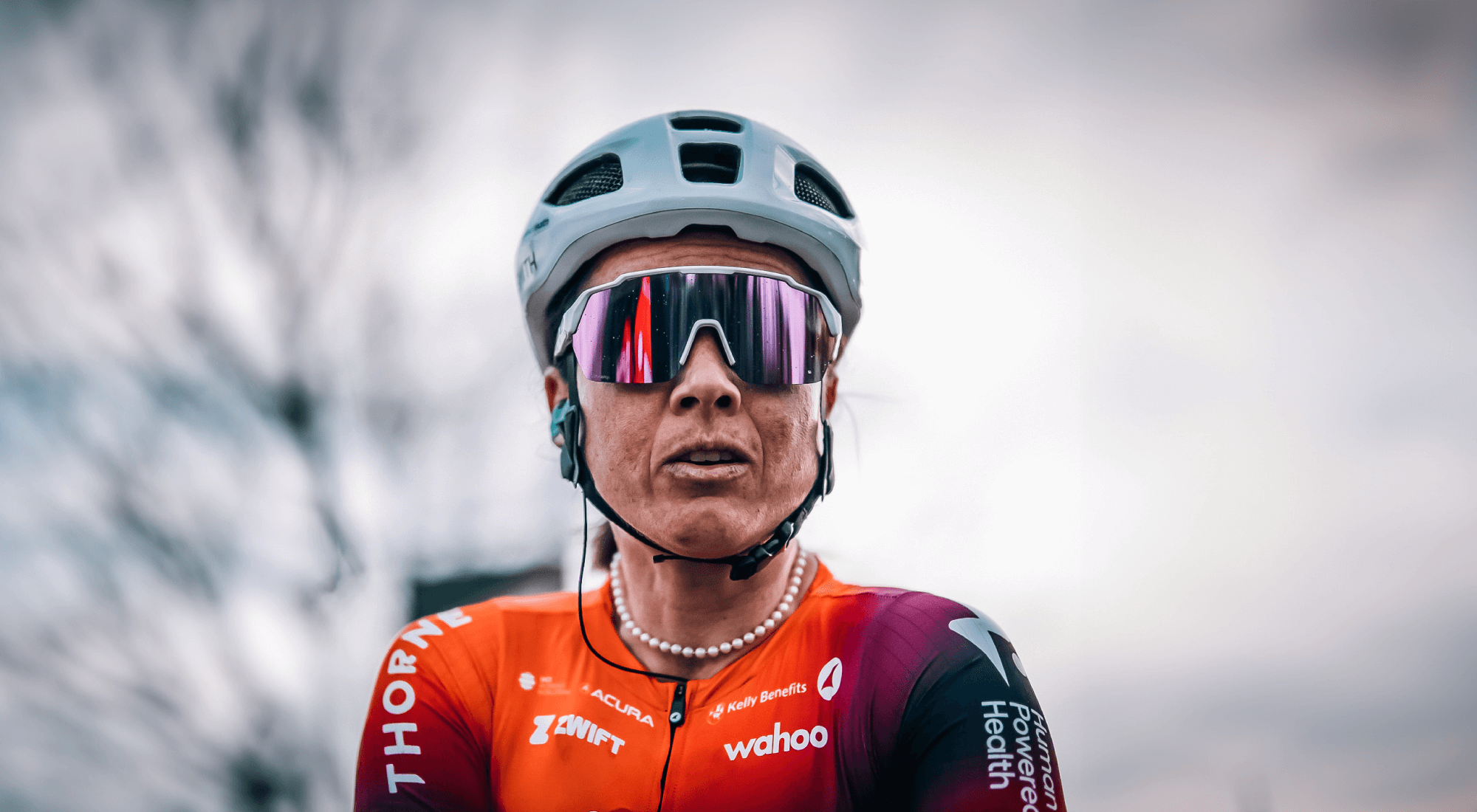
There aren’t too many riders in the peloton more recognizable or admired than Audrey Cordon-Ragot. She has been a mainstay of women’s elite racing for many years, both as a leader and mentor. After a few tumultuous seasons, she has landed at Factor-sponsored Human Powered Health and is looking to make this Olympic year one to remember.
With women’s racing rapidly growing in prestige and opportunity, Audrey is one of the few riders who really straddles the years where arguably the greatest amount of professionalization within the peloton has taken place. There are a growing number of races and with the establishment of the Women’s World Tour, faster racing.
“We’re definitely going faster and faster every year,” Audrey affirmed. “And I think since it’s an Olympic year, that makes an impact. It’s a very different year for everyone because everyone tries to qualify for the Olympics. Everyone wants to show how good they are so that they can be chosen by their national teams.”
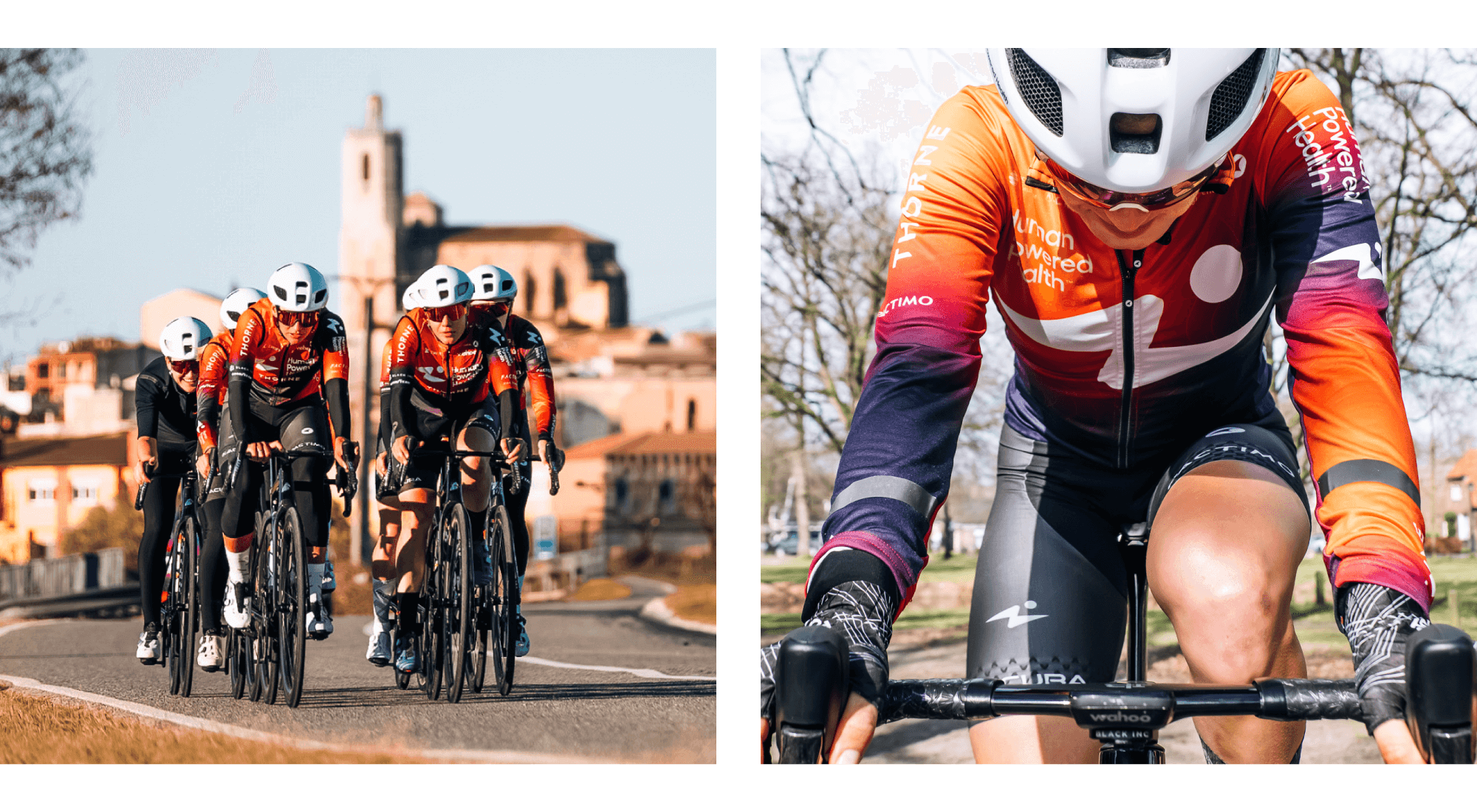
An Olympic task
For 2024, not only is it an Olympic year, but the Olympics will take place in Paris, something that will make it all the more special for French riders. “Of course Paris is the ultimate goal of the season,” Audrey said. “I have been focusing all my objectives for the year through Paris, that’s for sure.”
At the end of May, the French Federation announced that Audrey would be anchoring the three-rider team. Both her qualities as a road captain and her extremely strong time trial skills certainly played a part in earning her this coveted spot. With so many extremely strong French athletes, it is a real honor and testament to Audrey’s abilities that she will once again be an Olympian.
Audrey has frequently had the chance to represent her country at international events. Not only did she race in the 2012 Olympics for France, but she has been a frequent and essential contributor to the French time trial relay team at Worlds and European Championships in recent years. In 2023, the French relay team won the European Continental Championships Mix Relay Team Time Trial and took second at the World Championships. Taking both these titles will be a major goal for Cordon-Ragot and her French teammates. “For the French team, we were second at Worlds last year for the team time trial relay, so we are looking to win this year, and we won the Europeans, so we would also like to defend that jersey,” she confirmed.
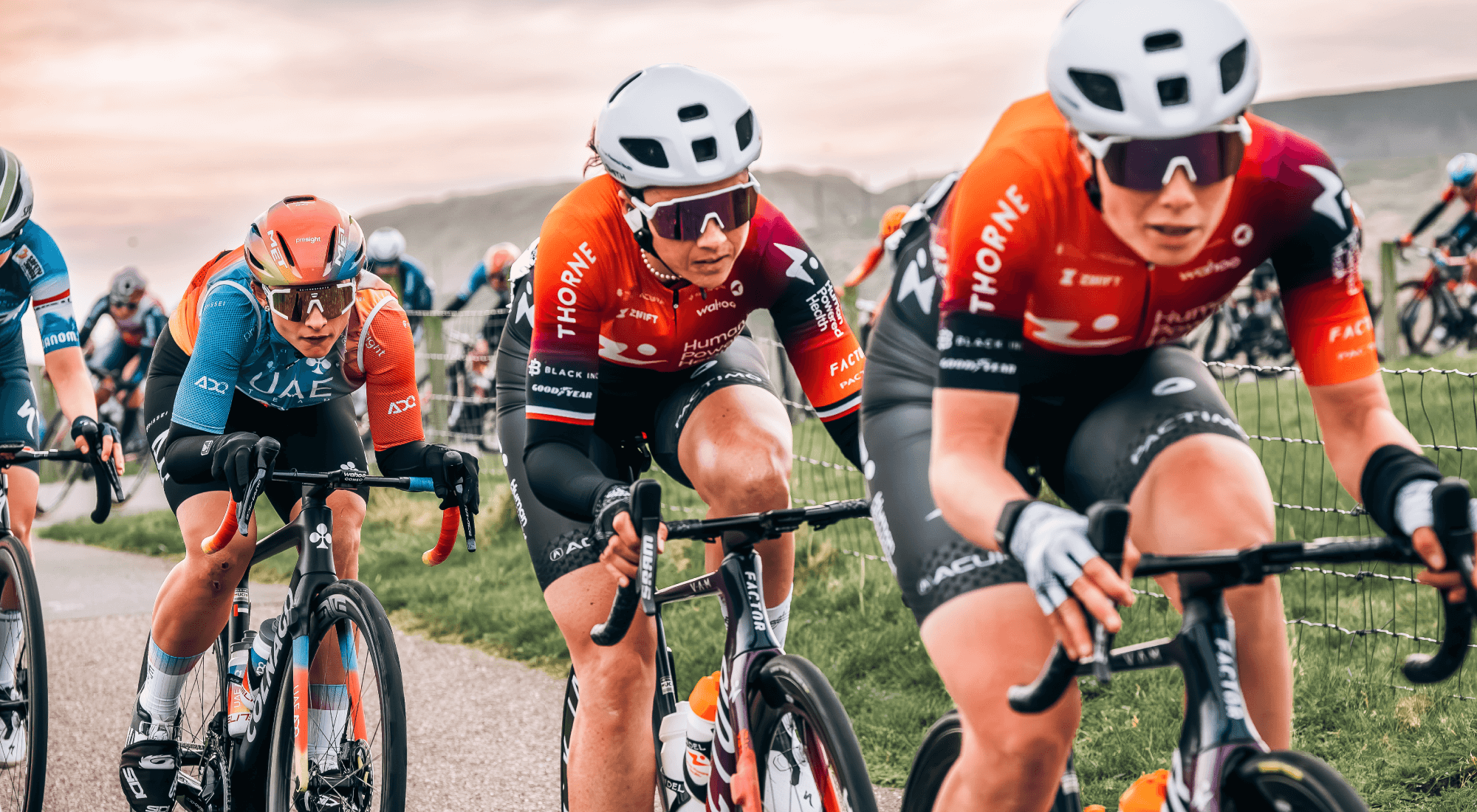
“In general, I have big objectives for the TT because I really like that discipline. And with the Factor HANZŌ, we’ve been working a lot in the wind tunnel with the national team. We’ve found a really good position for me, so all the lights are green for the TT, and I hope that I can have the good shape to show that I can be one of the fastest in the world.” Audrey has already shown that many times in the past. She has won six French National Time Trial Championships as well as the Chrono des Nations.
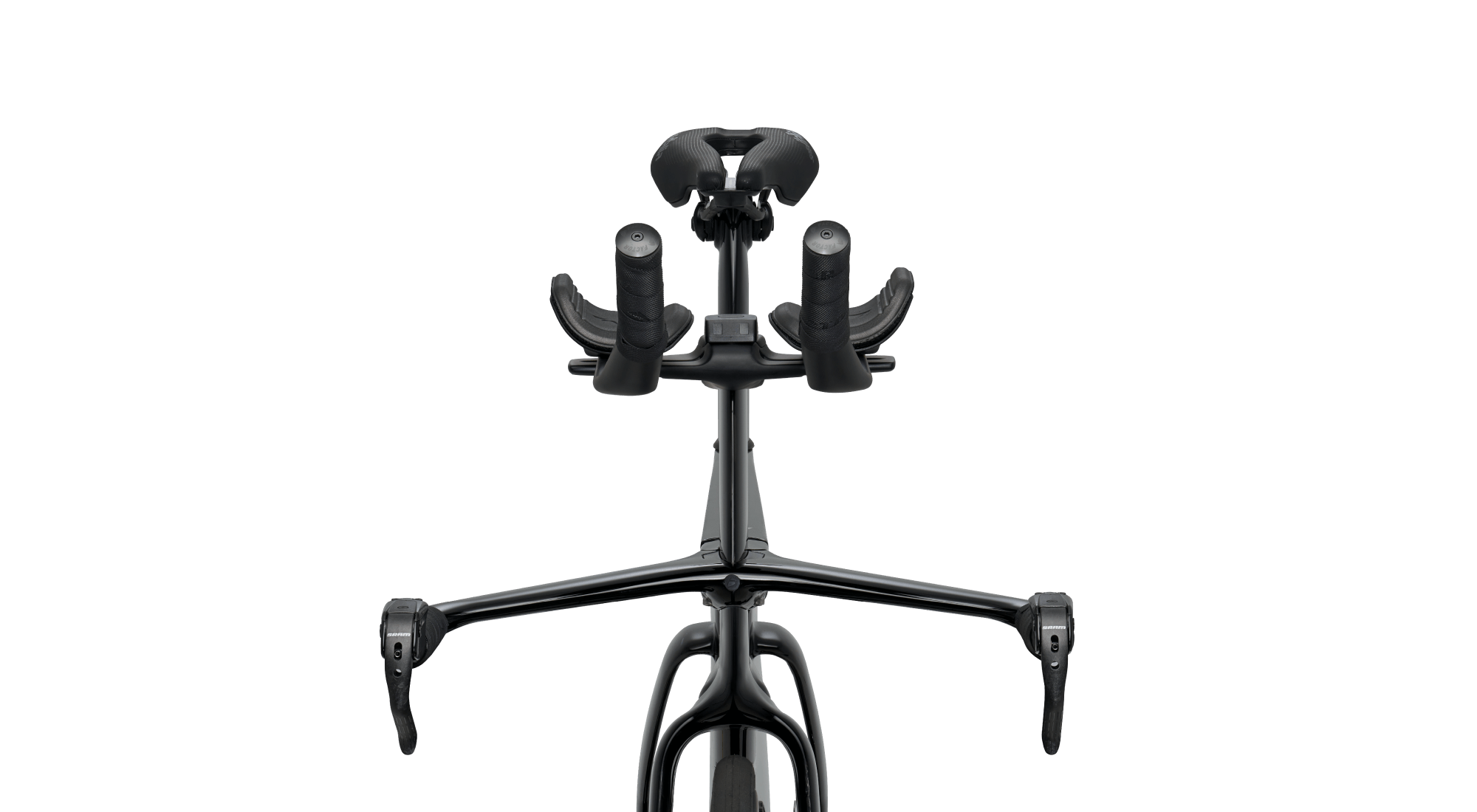
Having the Olympics as goal should ensure her fitness is in peak condition for the shortly to follow Tour de France Femmes avec Zwift, where a short time trial will also feature. “If I am doing the Olympics, and then the Tour because it is just a little bit after, if you have a good peak for the Olympics, then you should be able to carry that through to the Tour.”
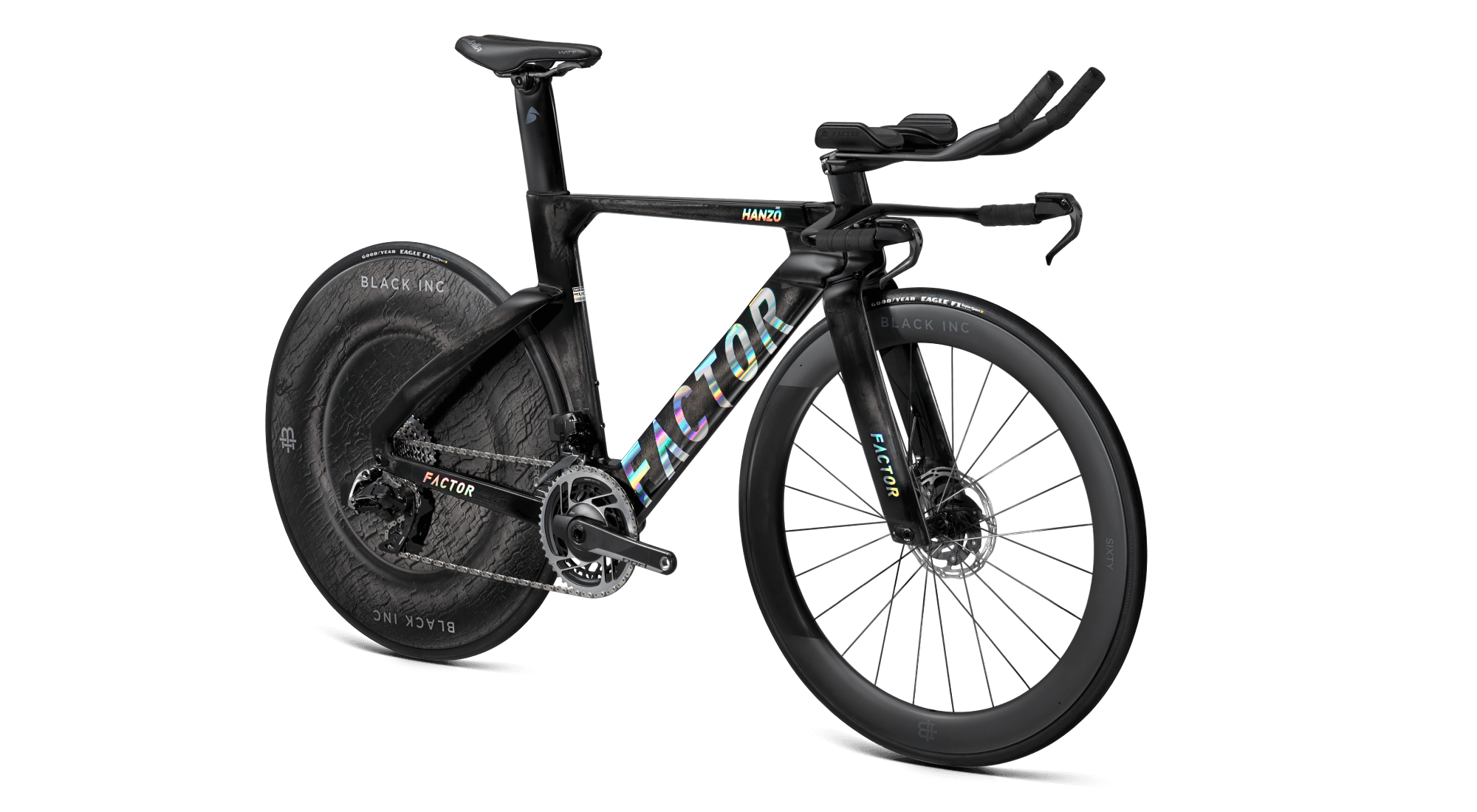
Read more about HANZŌ
Dynamic team
It’s only been a year since Audrey joined Human Powered Health, with Paris-Roubaix 2023 being the first race she did for the team. She raced the event with the team for 2024, and though the day didn’t go as smoothly as she may have hoped, it’s been a great year of working together. “I like the atmosphere in the team. Because one person cannot win without the team, it’s not possible anymore. We see that more and more that the team is very important,” Audrey explained. “But here, as soon as one is feeling super good then the others will sacrifice for her, which is exactly the way we should be. When I know I am not at my top shape it is never a problem to sacrifice for my teammates and just try to help them as much as possible.”
This is where team communication and honesty with each other plays such a huge role. Audrey is upfront with her opinions and insists that the only way a team can be successful together is always to be honest with each other. “Team communication is definitely very good here. We are not afraid to say to each other after the race what was going well and what was going wrong. It was one of the first things I said when I first came into the team one year ago, I said I never want to go home with something on my heart that I didn’t say or that I didn’t feel great,” Audrey revealed. “I think I’ve introduced this level of open communication that maybe before was not so much a part of the team. Some riders have told me how much the team has changed since my coming, at least in this respect, because I insist on saying what needs to be said.”
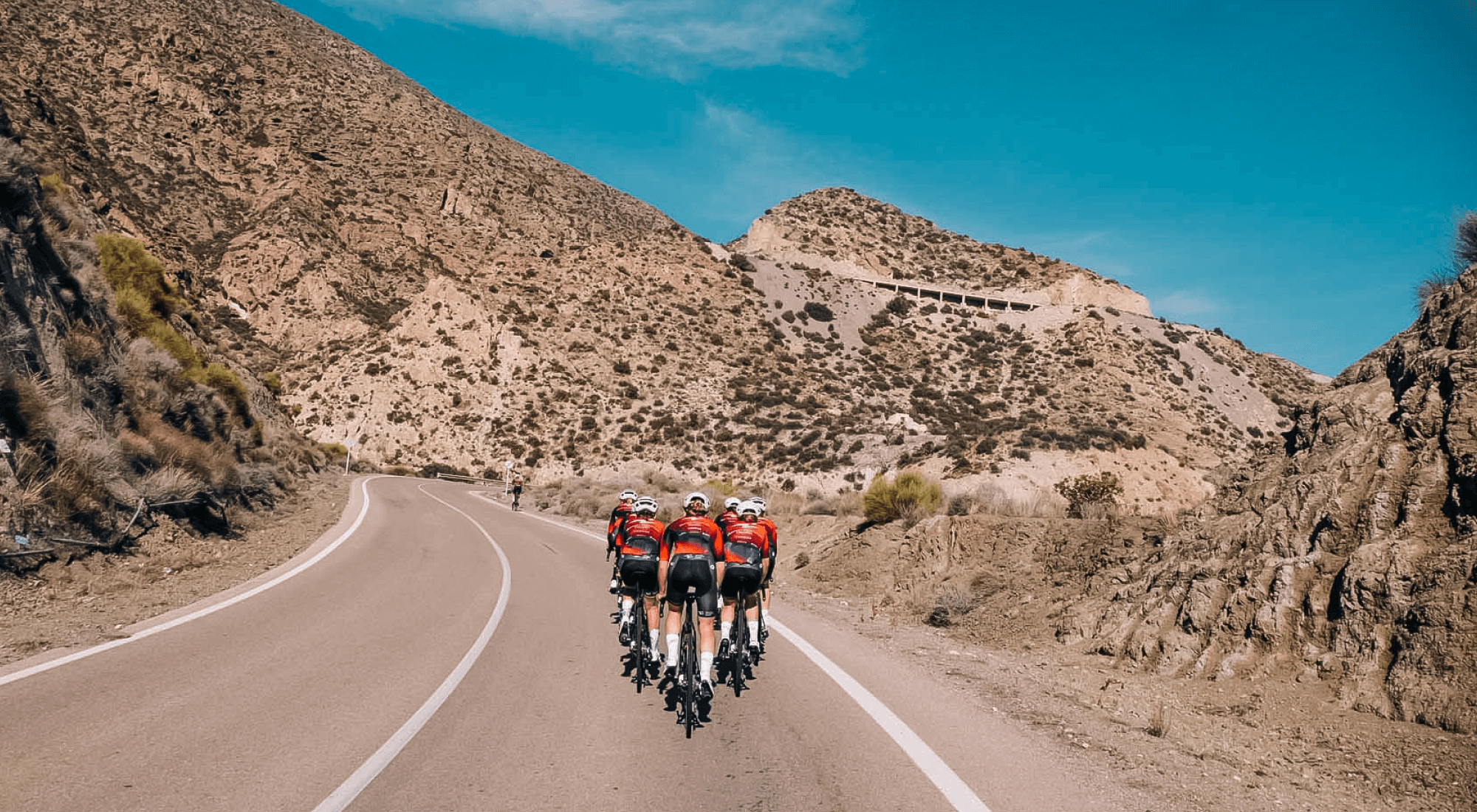
With races as hectic as cobbled classics and physically challenging as Grand Tour mountain stages, being able and willing to share unvarnished truth is the key to powerful team performances. “Okay, for some people it can be hard to be like this, for others it’s more normal, but at the end of the day everyone is glad for it, Audrey said.
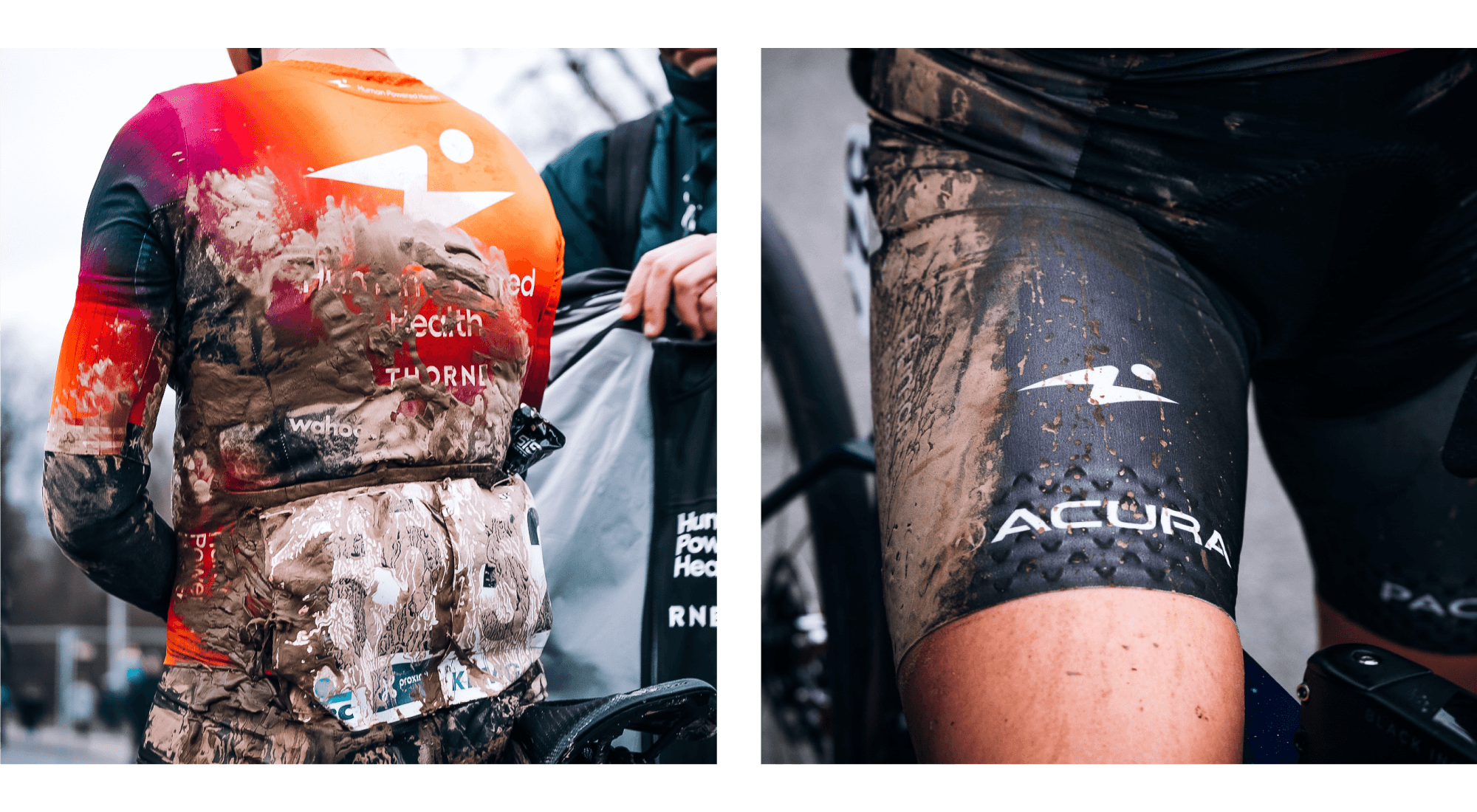
“As long as we keep communicating with each other like this, and especially now with Directeur Sportif Gorgia Bronzini in the car, who is constantly asking us how we feel in the race, we have to be honest, because if you lie, you have a problem with her at the end of the race! I believe it is the right combination of personal goals and team goals and trying to make it all work together and I think that’s going well.”

A fast, growing peloton
The women’s racing calendar has grown exponentially in recent seasons. With the creation of the UCI Women’s WorldTour in 2016 which contains 15 teams and 28 races, a new level of professionalization and performance has resulted. Another knock-on effect has been the higher racing speeds at all competitions.
“I think the growth of the teams with bigger budgets, with how much they can pay the riders to do their jobs, with the team resources like the chef, the dietician, the good coaches, the directors who have a lot of experience, I think that has helped women’s cycling grow really fast,” Audrey explained.
“Then, the opportunity to have very young riders coming from juniors stepping up in the WorldTour teams or even the Continental teams. It makes the peloton much bigger with more riders who have a high level straight away. So it makes the peloton much more homogenous.”
The explosion of racing opportunities means that teams, and especially WorldTour teams have had to field rosters at multiple high-level events at the same time. It creates a situation where riders need to be given the chance to train and recover well in order to perform at the new elevated level. “The fact that we have more and more races well organized, more stage races with longer stages, it makes it so that the riders have to train more, have to train harder, all together it makes the peloton much more professional, and fast.”
This has not always been the case, as Audrey knows only too well. “When I turned pro in 2008, I was with one of the best teams at that time, Vienne Futuroscope. So I have been in this peloton for a while now, and I have seen how it has grown so slow and also so fast,” she said. “It was so slow for me because I wish I could have lived from my sport so much earlier. Because I was only able to live from my sport when I joined Trek and that was in 2019. So, 11 years later. That was kinda slow for me, but in absolute terms, that’s not that much time, and it went so fast in general. This sport has been changing a lot and we have been fighting a lot for these changes.
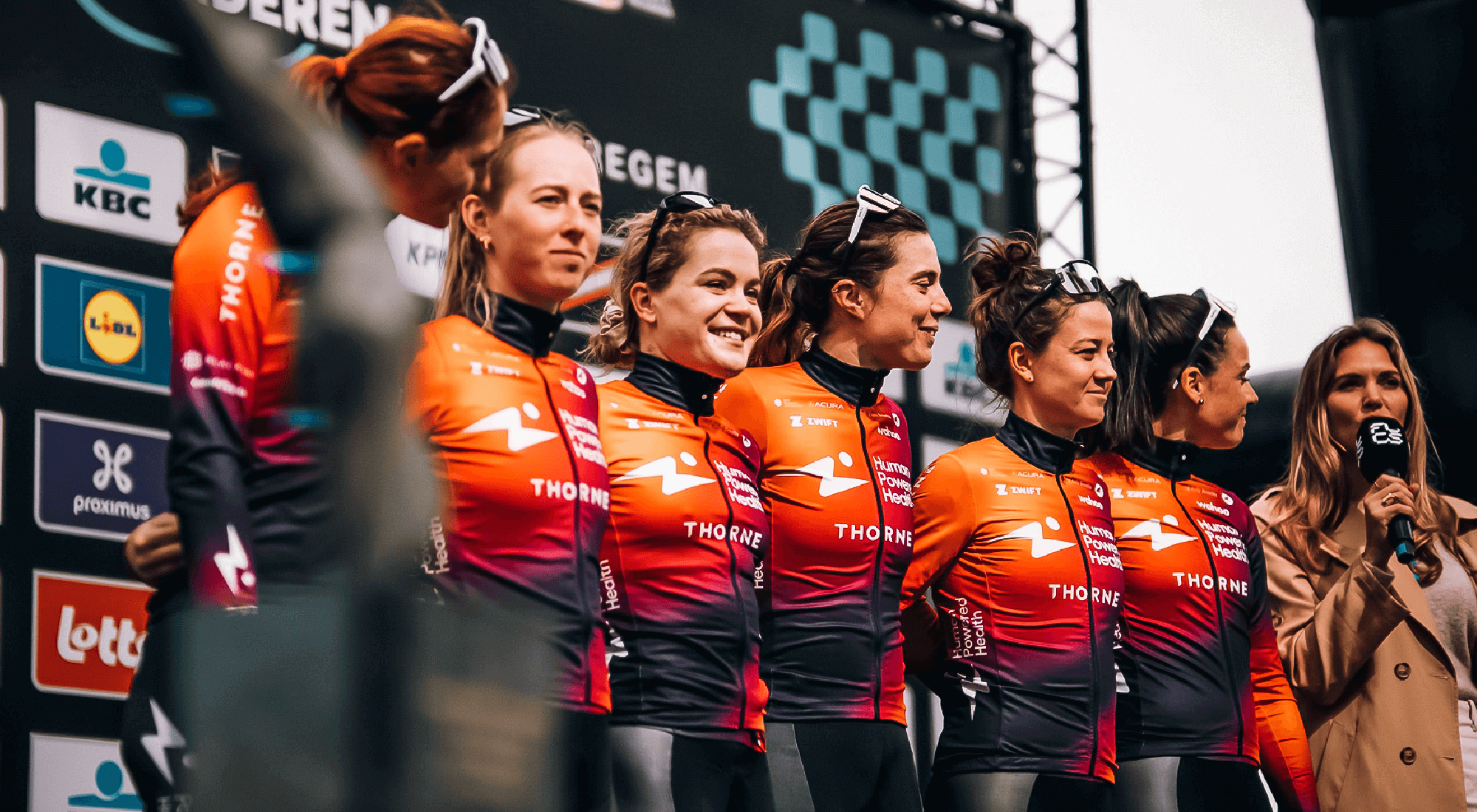
Room for improvement
It’s no secret that there was a time not so long ago that the majority of women in the professional peloton were not making a living wage from their cycling, but having also to have a day job to support themselves. Now with the establishment of the Women’s World Tour and the 15 member teams, that is much less an issue.
“With the 15 WorldTour teams each with something like 14 riders, there are a lot of women who are able to live from cycling as their only job. Doing this very professionally and very seriously. It was maybe five years ago, it’s much more already,” Audrey confirmed. But when we are talking WorldTour, that is perhaps to forget that many other women in the peloton are not on WorldTour salaries, and some still are not making a livable salary at all from their cycling.
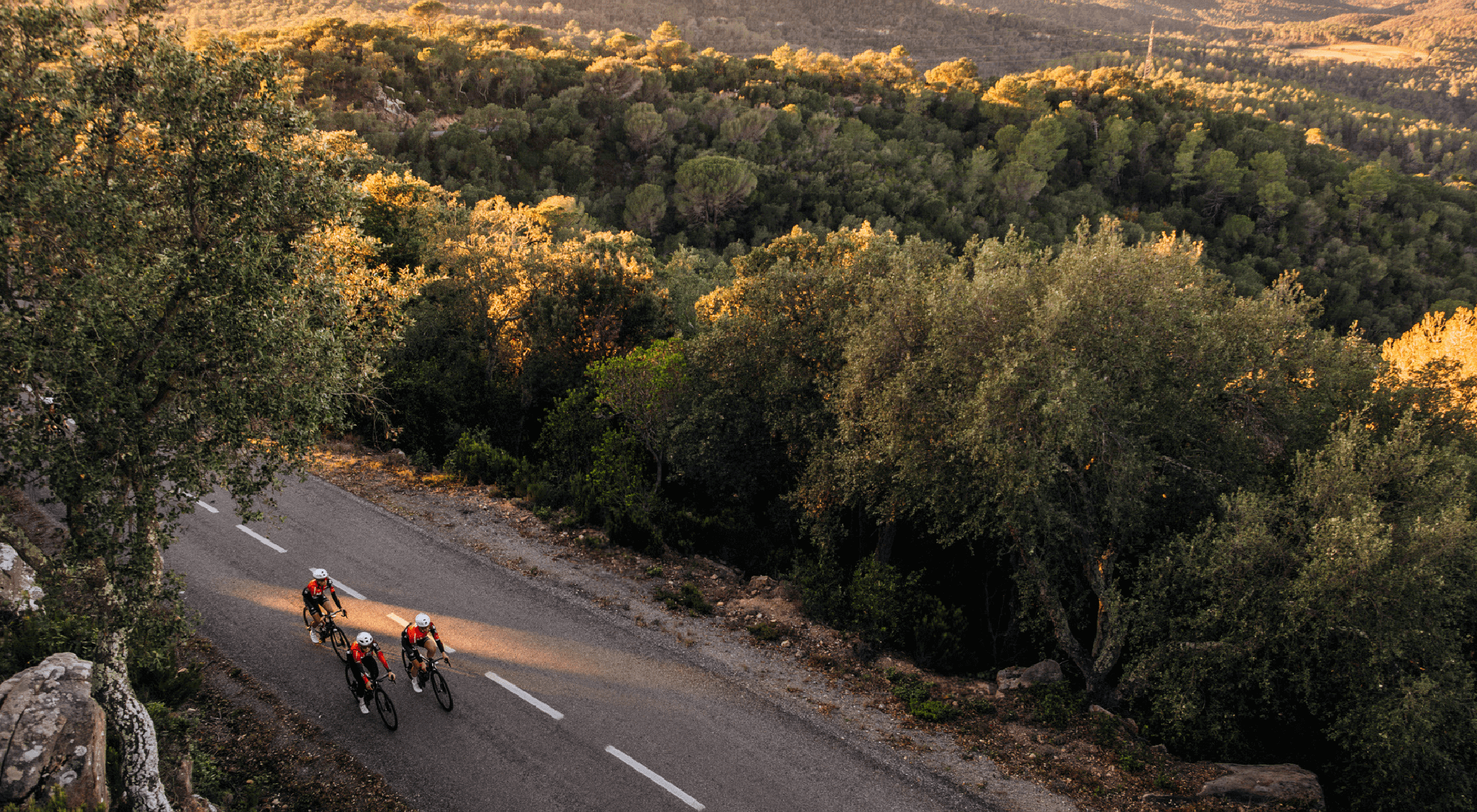
“I think the step between Continental level and WorldTour level is still too high. We have to regulate this level a little more because I don’t think it’s right that there are still riders who are having to ride their bikes for free. I cannot believe that,” Audrey said. “Those people have to race against people who can earn their living from cycling, and have the time to train and recover properly. It’s not right, it’s like David and Goliaths, basically. We need to regulate the teams so that those riders can at least live from their racing, so they can train normally and recover normally without having to worry about having to do another job.”
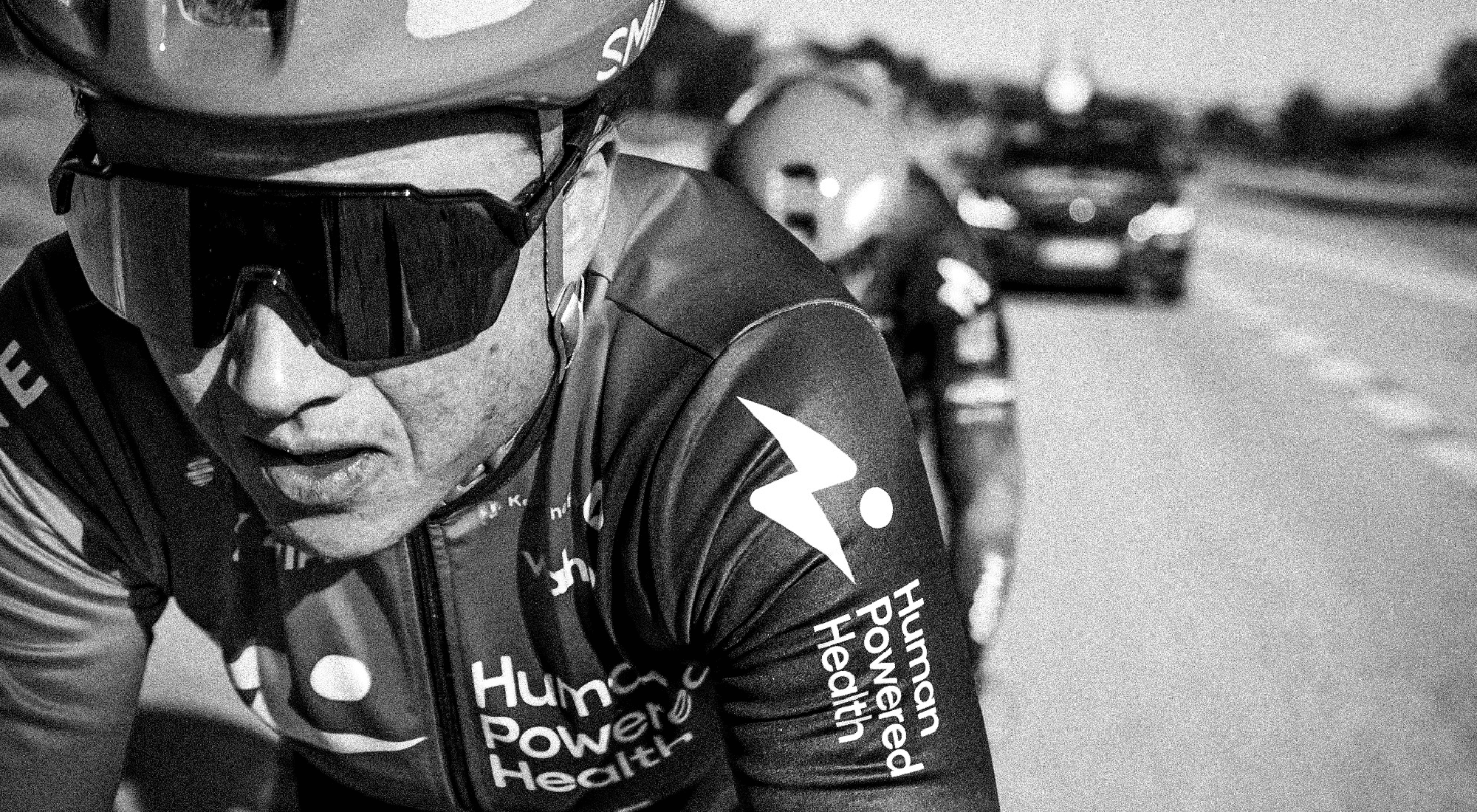
Even if the women’s peloton has rightfully earned the reputation for having an exceptionally high level of education, with many PhD professors and medical doctors among the ranks, Audrey knows what it means to race while maintaining a full-time job, and how that hampers a cycling career.
“I think making sure everyone doesn’t have to work side jobs is the next step for women’s cycling,” she said. “I’ve had to do it myself, so I know how tough it is.”
Follow Audrey Cordon-Ragot and Human Powered Health Cycling Team to keep up to date with her season progress and race updates!

© 2026 Factor Bikes. All rights reserved / Privacy Policy |Terms
